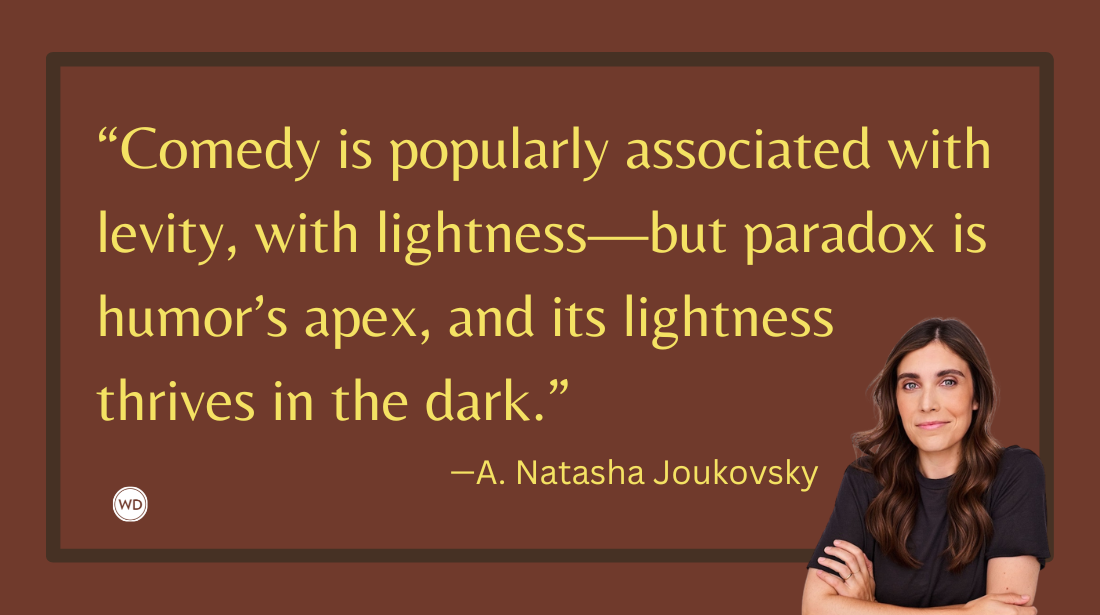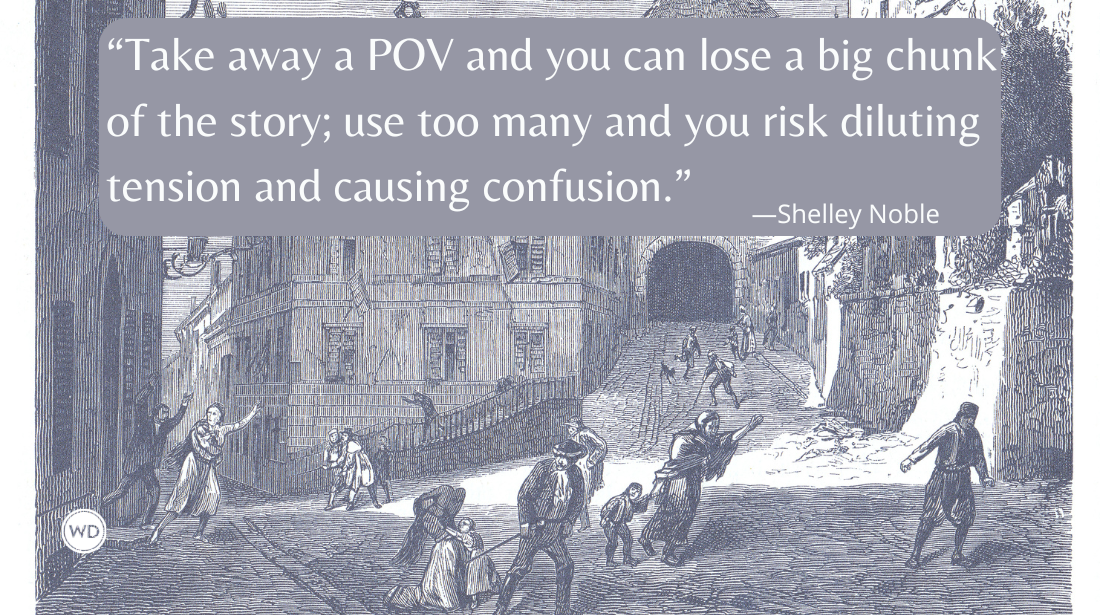Flair vs. Flare (Grammar Rules)
Learn when to use flair vs. flare in your writing with Grammar Rules from the Writer’s Digest editors, including a few examples.
For this edition of Grammar Rules, let's look at two homophones, specifically flair and flare. One can be used as a verb and noun, while the other is only used as a noun. Despite that, both tend to draw quite a bit of attention.
So let's look at when to flair vs. flare.
Flair vs. Flare
Flair can only be used as a noun. It stands for an inherent ability to understand something or a certain type of style. A person may have a flair for the dramatic, or their flair makes them attractive to other people.
Flare, on the other hand, can be used as a noun or a verb. As a noun, it stands for an unsteady, glaring light (or a device that gives off such a light); a sudden outburst; or a spreading outward. And as a verb, it means to burn with an unsteady light, to break out or intensify, to express strong feelings, or to open or spread outward.
Make sense?
Here are a couple examples of flair and flare:
Correct: She has a flair for coaching that's made her successful with several different teams.
Incorrect: She has a flare for coaching that's made her successful with several different teams.
Correct: The trucker dropped a flare on the road to show where his big rig broke down at night.
Incorrect: The trucker dropped a flair on the road to show where his big rig broke down at night.
So my trick on this one might only make sense to me, but I think of how the "air" in "flair" makes it a noun that's hard to pin down; there's just this certain je ne sais quoi to flair. Some people have it, others don't. Meanwhile, anyone can hold a flare.
*****
No matter what type of writing you do, mastering the fundamentals of grammar and mechanics is an important first step to having a successful writing career.









